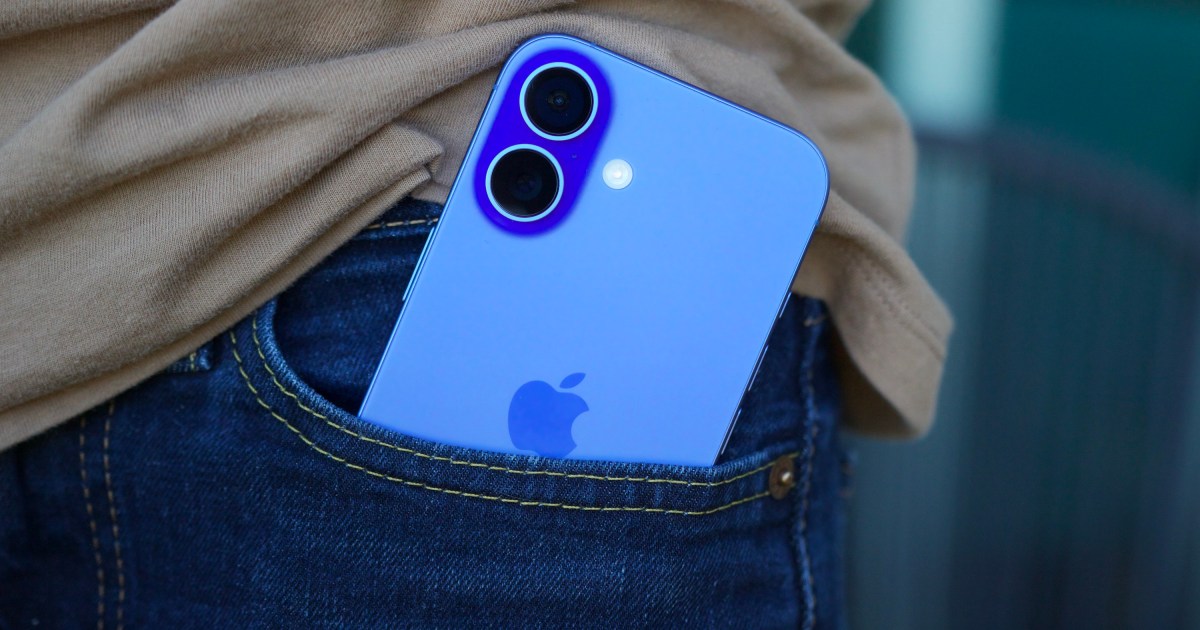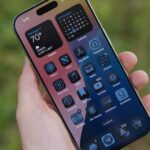For the last three years, Apple has launched four new iPhones each fall: a regular model, the iPhone Plus, iPhone Pro, and iPhone Pro Max. A new report by CIRP reveals which model is the most popular. And you may be surprised by the answer.
Since the iPhone 14 series in 2022, the regular iPhone has consistently been Apple’s top-selling handset, and it’s not even close.
The base iPhones 14, 15, and 16 represent about 45% of annual iPhone sales. This is followed by the iPhone Pro Max, which grabs about 25% of sales, and the iPhone Pro, which represents about 20%. The iPhone Plus, the first model of which was the iPhone 14 Plus, makes up a little more than 10% of iPhone sales on average.
The regular iPhone, like the base iPhone 16, consistently outsells the iPhone Pro Max by about two to one and outperforms other models by an even greater margin. The primary reason for this trend is no doubt its price; the standard model is approximately $400 cheaper than the entry-level iPhone Pro Max and $200 less than the iPhone Pro.
Another key factor driving the stronger sales of the regular iPhone is the variety of color options available. Regular models often come in brighter, more vibrant colors, while the iPhone Pro models feature more subdued tones. This appeal of lively colors may attract consumers looking for a more personalized device. Lastly, it appears that many consumers don’t see enough advantages to justify the higher price of the iPhone Pro models. Enhanced chips, additional camera features, and a sturdier build may not be enough to sway their decision.
Why does the larger iPhone Pro Max outperform the smaller iPhone Pro, while the regular iPhone outperforms the larger iPhone Plus? Perhaps it’s as simple as a more significant number of iPhone Pro Max buyers are committed to buying the best iPhone each year in terms of features, including the biggest display, and that just happens to be that year’s iPhone Pro Max model.

Although the iPhone Plus is the lowest-selling model in the iPhone series, it outperforms the older iPhone mini, which Apple discontinued after the iPhone 12 mini launched in 2020. According to CIRP, the iPhone Plus has not only surpassed the market share of the iPhone mini that it replaced, but it has also captured some share from the base model. For example, in 2022, the iPhone 12 mini took just 7% of the market share compared to 46% for the regular iPhone. Two years later, the iPhone Plus has grabbed 13% of iPhone sales compared to the 42% for the regular iPhone.
In 2025, Apple is expected to introduce an “iPhone Air” for the first time. This model will likely replace the iPhone Plus and significantly differentiate itself from the other models in the iPhone 17 series.
As the name implies, the iPhone Air could be the thinnest iPhone ever. However, to achieve this slim design, it has been reported that Apple may need to make some compromises. For example, the iPhone Air might have a less advanced camera system than the other models in the series. Similar to the iPhone 16 Plus, it may also feature a less powerful chipset than the iPhone Pro models.
Only time will tell if the iPhone Air will surpass the market share of the iPhone Plus, and if it does, how much the sales of the base model iPhone will contribute to that growth. It will also be interesting to see whether customers who typically choose the iPhone Pro Max will decide to go for the thinnest iPhone ever instead.
Read the full article here













